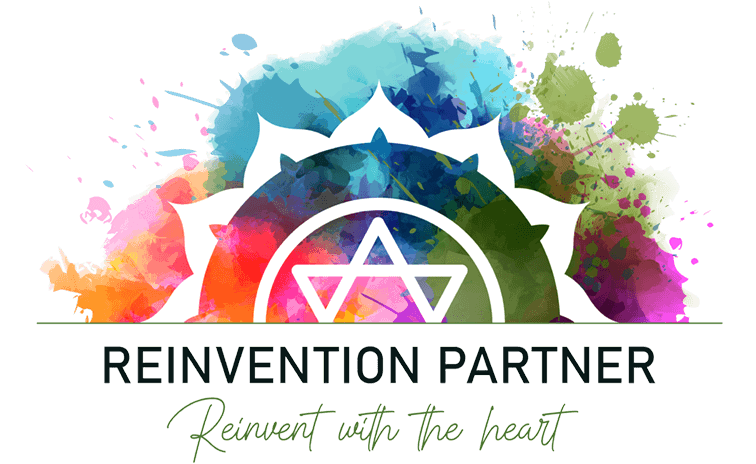The top-performing companies share a common trait: a robust organizational culture that genuinely cares for human beings. This doesn’t mean coddling employees; it means fostering an environment where employees can discover, develop, and apply their talents toward a commonly shared vision of success. The best cultures aren’t built on force or manipulation. Instead, they measure their success by how well they enhance people’s well-being.
The Power of Caring Cultures
Caring cultures are more than just pleasant places to work; they are dynamic environments that challenge and engage their teams. These companies understand that caring means providing opportunities for growth, experimentation, and meaningful contributions to a collective vision. They avoid the pitfalls of self-serving leadership and instead focus on the genuine well-being of their staff and stakeholders.
Why Values-Based Culture Transformation Matters
One of the most effective strategies for developing such a culture is through values-based culture transformation. This approach is as critical as strategic development and implementation because culture plays a pivotal role in how well a strategy is executed. In values-based transformations, the core values of the organization are aligned with the growth needs of its employees, such as autonomy, creativity, and the desire to make a difference.
Organizations today aim for more than just employee satisfaction; they strive for engagement and passion. Satisfaction is fleeting without continuous opportunities for personal and professional growth. It is in human nature to seek more from life, and without the opportunity to evolve and engage with meaningful work, even the most skilled employees can become bored and restless.
Implementing Values-Based Transformation
One of the most potent tools for creating a conscious, values-driven culture is Barrett’s Values Assessment. This tool provides deep insights through values analysis, offering cultural metrics that help organizations understand their culture more profoundly. It facilitates a shared understanding of both healthy and dysfunctional cultural elements and simplifies the process of crafting the desired culture.
By focusing on values that reflect employees’ growth needs and using comprehensive tools like the Barrett’s Values Assessment, organizations can foster environments where creativity and innovation thrive. This strategic focus on values not only helps in attracting and retaining talent but also ensures that the organization remains resilient and adaptable, ready to meet future challenges head-on.
For businesses aiming to future-proof their operations, investing in a values-based cultural transformation is not just beneficial; it’s essential. By nurturing a culture that prioritizes human well-being and aligns with broader growth aspirations, companies can ensure sustained success and relevance in a changing world.
In summary, as we look to the future, the strength of an organization will increasingly depend on how well it can create a culture that not only supports but also drives forward its strategic ambitions and cares deeply about its people.

